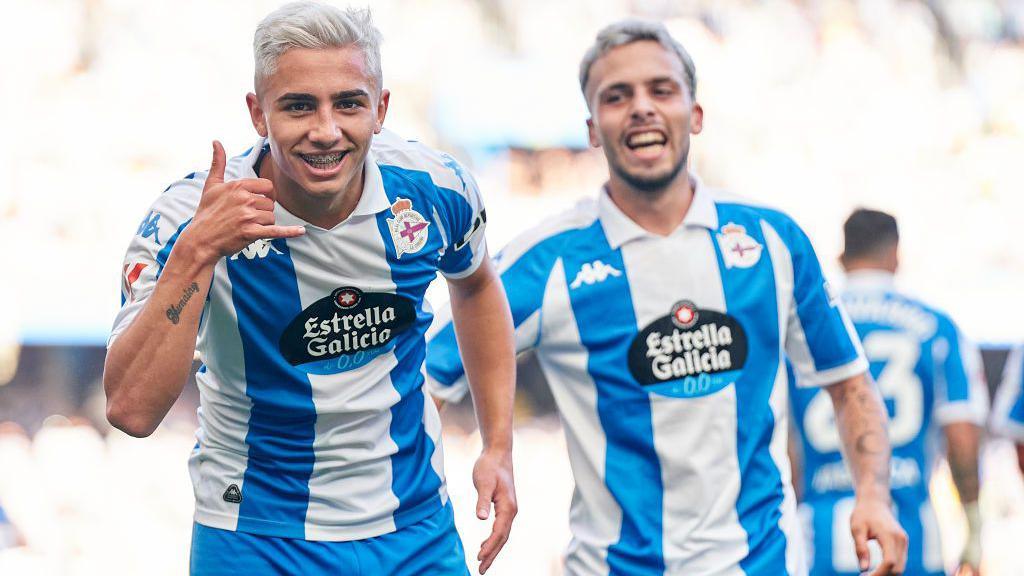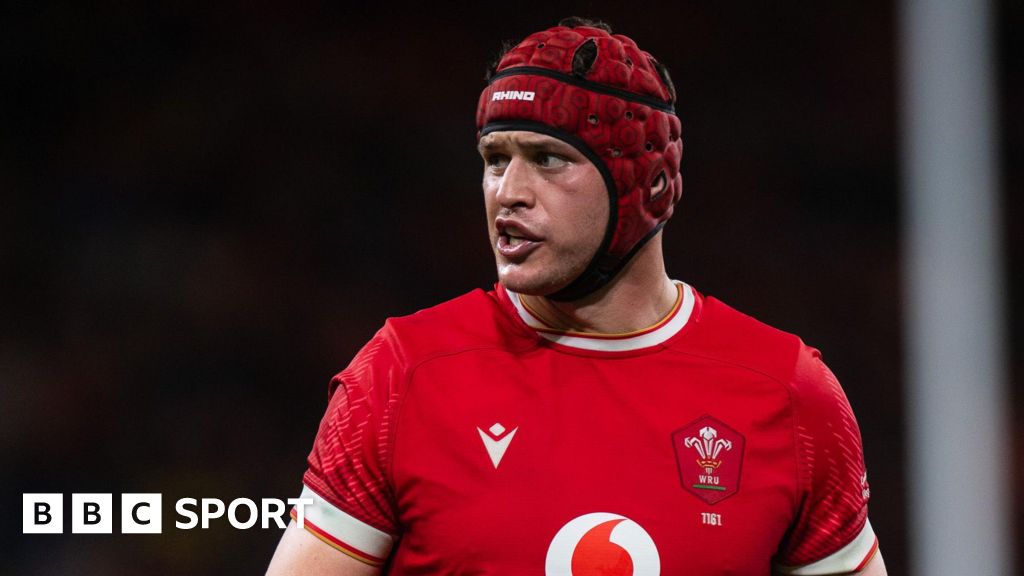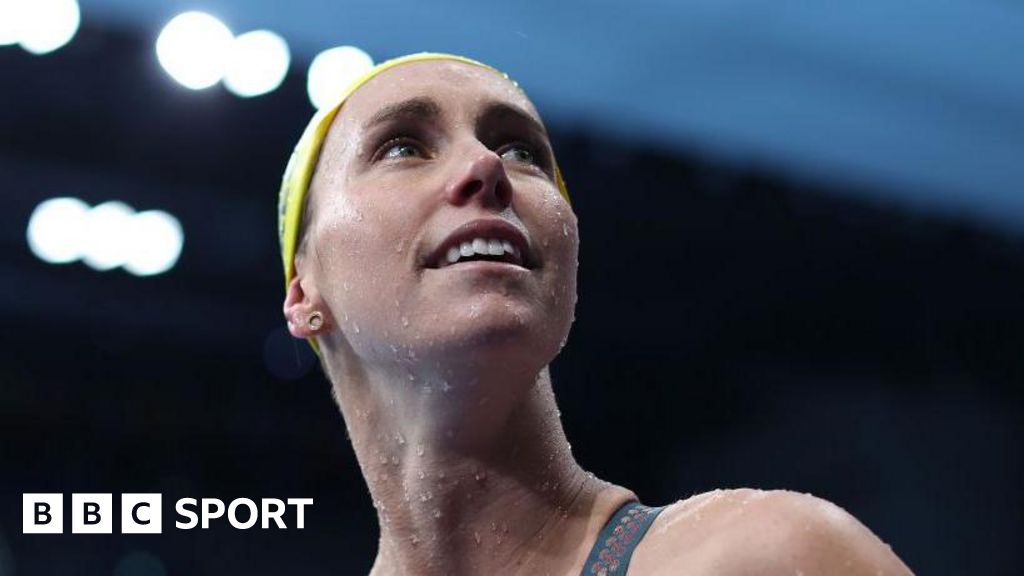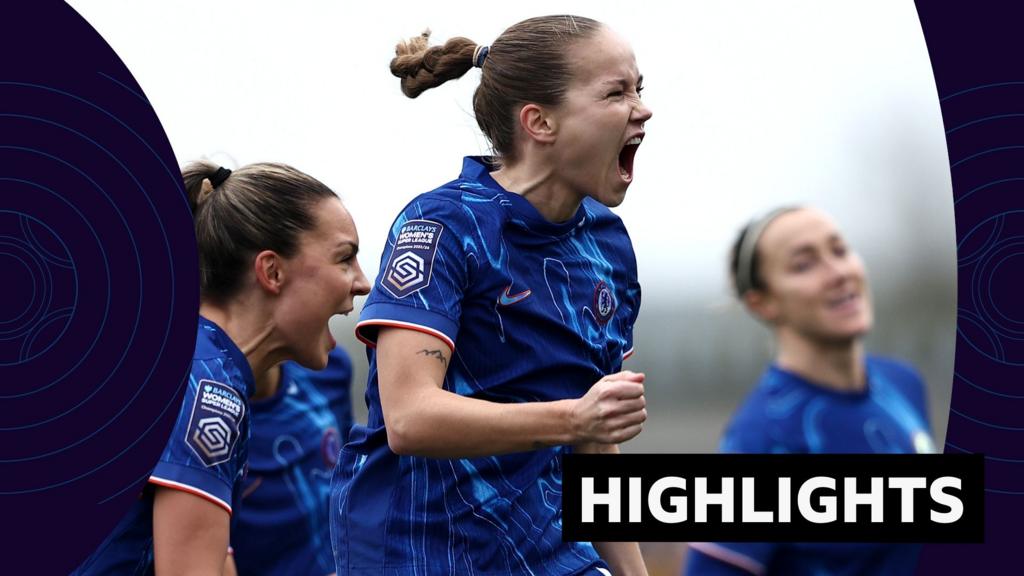ARTICLE AD BOX
 Image source, Getty Images
Image source, Getty Images
Deportivo spent four seasons in Spain's third tier before promotion this year
Alex Bysouth
BBC Sport Senior Journalist
Massimo Benassi calls it "Deportivismo".
It's the "deep, emotional connection" between Deportivo La Coruna and a passionate fanbase that stuck with the club through the highs, when they won La Liga and the Copa del Rey, and the lows, when Spanish football obscurity beckoned.
"The passion for Depor is a legacy that is passed down from generation to generation," chief executive Benassi tells BBC Sport. "It is something the older fans have been able to instil in the new generations.
"This feeling of belonging is passed down from parents to children, creating a loyal and growing fanbase who have been there in the worst times. And, now another history or story is beginning, they are still there, more animated than ever."
It explains why they attracted record crowds to Spain's third tier, higher than many clubs in La Liga, why Lucas Perez paid half of his own 1m euro buyout clause and took a 90% wage cut to rejoin the club he loves, and why more than 80,000 joined the party when Deportivo clinched promotion back to the second division.
It also explains why young Arsenal prospect Charlie Patino swapped north London for A Coruna this summer.
"He was in contact with all his Depor family and all this Deportivismo since he was born," explains Benassi. "He said: 'If I have to play in another place than Arsenal, I only want to play for Deportivo.'
"That's why the deal was possible, that is why he was able to come here and, honestly, it is a beautiful story. And it was possible because of this passion for Depor, this passion for the city, the legacy and all the Deportivismo in general."
Super Depor - the rise and fall
Image source, Getty Images
Image caption,Dutchman Roy Maakay scored 96 goals in four seasons with Deportivo, before joining Bayern Munich
After an 18-year absence, promotion to La Liga for the 1991-92 season marked the beginning of the Super Depor era.
The Galicians, inspired by Brazilians Bebeto and Mauro Silva, missed out on the title on the final day of the 1993-94 season to Johan Cruyff's Barcelona. Miroslav Dukic's saved penalty in a 0-0 draw against Valencia denied Depor the win that would have crowned them Spanish champions for the first time.
They won a first Copa del Rey the following year while finishing runners-up to Real Madrid in La Liga, reached the semi-finals of the Cup Winners' Cup in 1995-96, finished third in 1996-97 on the back of Rivaldo’s 21 goals and, finally, in 1999-2000, banished the anguish of six years earlier as a side including Silva, Fran, Roy Maakay and Djalminha won the club's first La Liga title.
There would be another Copa del Rey success in 2002 and memorable runs in the Champions League, with only Jose Mourinho's Porto stopping them from reaching the final in 2004, as Deportivo defied the belief of their own fans and claimed the hearts of others.
"We went from being a local club to a team known across Spanish football, a point of reference," recalls Carlos Ballesta, Javier Irureta's assistant in that title-winning season and someone who has spent the vast majority of his life at Deportivo, as academy hopeful, to first-team player, coach and now director.
"We became a club who other clubs and fans looked at as a dream team. If your own team was Valencia, Barcelona, Real Madrid, then your second team became Deportivo La Coruna. They loved our team almost as much as they loved their own. That is what they would say to us when we went there.
"We went from being a relative unknown to a side that everybody across the world knew, and that leaves you with such a great sense of pride and fulfilment."
Image source, Getty Images
Image caption,Having lost 4-1 at the San Siro in the Champions League quarter-final first leg in 2004, Deportivo stunned defending champions AC Milan with a 4-0 win at the Riazor in the return to the reach the semi-finals
But Deportivo, laden by huge debts, were unable to sustain those glory days and in 2011 found themselves back in the second tier. They were promoted, relegated and promoted again but in 2017-18, under Clarence Seedorf, played in La Liga for the last time.
Things got worse. Two decades after their La Liga title, Deportivo slipped into the non-professional, 102-team third tier and almost ended up in the fourth following a restructuring of the league pyramid. They battled in a division including La Liga reserve teams for four seasons until Perez’s winner against Barcelona B in front of 31,833 at a delirious Riazor clinched promotion in May.
"It was more a sense of relief than any other emotion," explains Ballesta. "We spent four years in the non-professional levels, a club of our history, the size of our fanbase and city that we have, it was a moment of many emotions and in a way it went beyond emotion. Yet above all else it was a feeling of relief, a 'yes, we’ve finally done it' moment.
"More than 80,000 people gathered around the stadium in the run up to the match, turning the whole place into a party. Everyone was dressed in club shirts. They were waving banners and scarves, all full of happiness and joy. There were grandparents, parents, teenagers, children, people of all ages, men and women. Everyone turned out to support the team.
"Of course there was happiness, of course there was joy but there was a little more to it than that - an intangible sense of emotion, all of the emotion we had lived throughout the season coming together on that day, weeks and weeks of history coming together.
"But I must say again, above all else it was a big feeling of relief."
The future - a new era?
Augusto Cesar Lendoiro took charge in 1988 and was the president who oversaw Depor's glory years, but it was also under his stewardship the club racked up debts that by 2013 totalled more than 160m euros. Administrators insisted Lendoiro resign, or the club face insolvency. He did, but the economic burden remained.
In 2020, Spanish bank Abanca became the club’s majority shareholder. This summer, with head of Abanca Juan Carlos Escotet also becoming club president, Deportivo announced they were finally debt free, 24 years ahead of schedule.
The club also declared a strategic plan based on the pillars of financial consolidation, strengthening the academy, innovation and infrastructure and a "love for this city and its values".
Benassi says the goal is to be "competitive in the present, but also ensure long-term success and viability". There is work to do, Deportivo sit 19th in the 22-team second tier after 11 games, but they will not rush the process.
The club are working with Populous, architects of the Tottenham Hotspur Stadium, to build a new, state-of-the-art training centre while also refurbishing the current complex for the women's team.
The focus is very much on finding and nurturing the best young talent in the area, collaborating with local schools and academies.
"It is fundamental for us," says Benassi. "At the moment, almost 25% of players in the first team come from our academy."
Benassi hopes the facilities and support Depor can provide will help the club retain their best young players. The Riazor, their home by the beach, is on a list of potential stadiums for the 2030 World Cup in Spain.
But there is also the appeal of "Deportivismo".
"From a young age, the boys learn that Depor is something more than a club," he explains. "It is a philosophy, it is a family.
"They are born her. That's why we don't want to lose the connection with the city, the values of the city, because if we can maintain that, we are sure all the players from here and the academy will always be Depor fans."

 1 month ago
9
1 month ago
9








 English (US)
English (US)